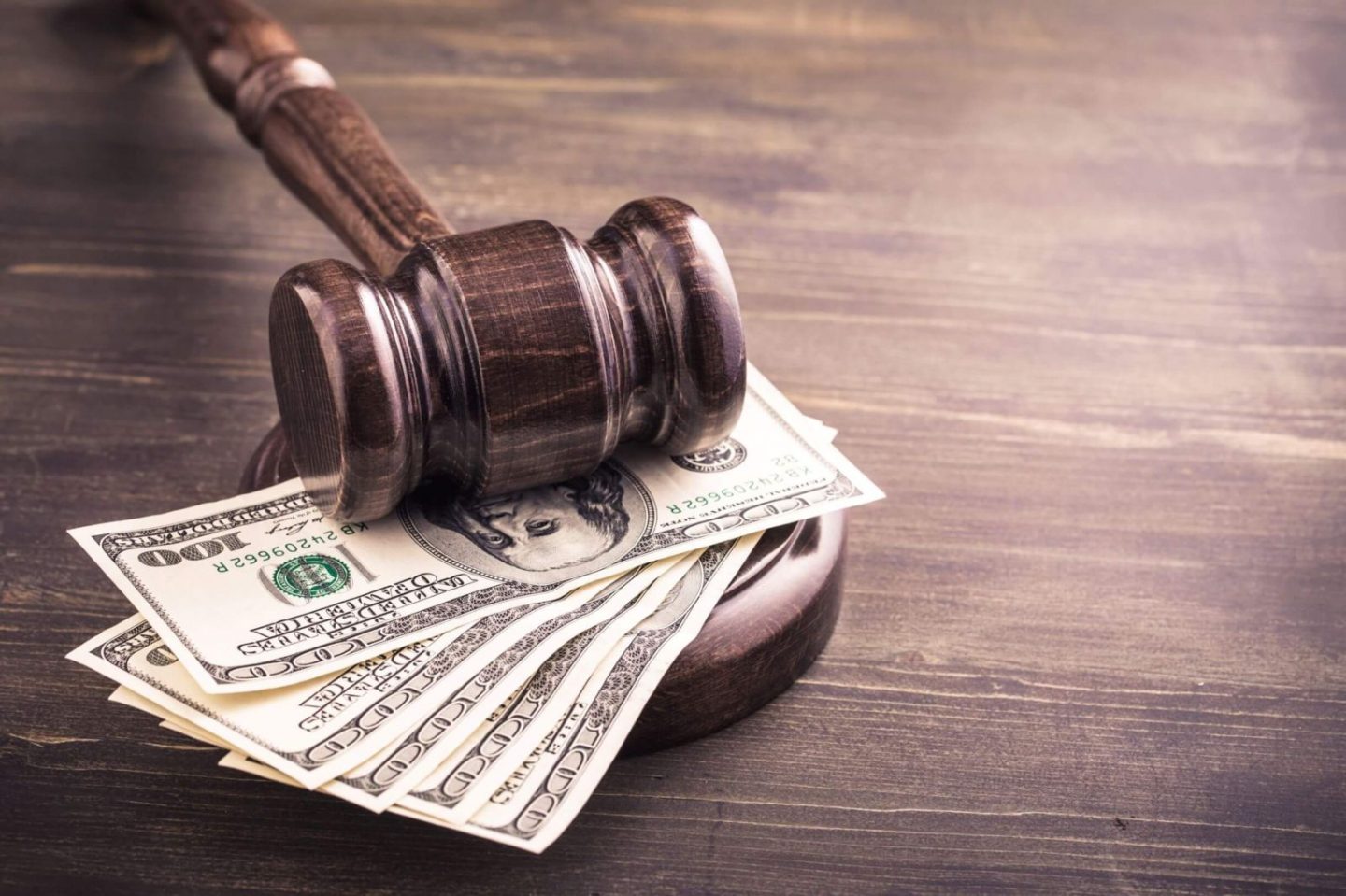Traditionally, Section 98.7 of the Labor Code has authorized people who believe they have been discharged or otherwise discriminated against in violation of any law enforced by the Labor Commissioner (such as whistleblower claims, retaliation, or pay equity) to file a complaint with the Division of Labor Standards Enforcement within 6 months after the occurrence of the violation. Additionally, claims brought under Section 1102.5 of the Labor Code, which prohibits employers from making, adopting, or enforcing a rule, regulation, or policy preventing an employee from disclosing information that the employee believes involves a violation of a law, have traditionally not been subject to attorney’s fees in court.
However, Governor Newsom recently signed into law AB 1947, extending the deadline for filing under Section 98.7 to one year. The bill also authorizes a court to award reasonable attorney’s fees to a plaintiff who brings a successful action for a violation of the provisions described above.
As such Section 98.7 of the Labor Code is amended to read, in part:
“Any person who believes that they have been discharged or otherwise discriminated against in violation of any law under the jurisdiction of the Labor Commissioner may file a complaint with the division within one year after the occurrence of the violation. The one-year period may be extended for good cause. The complaint shall be investigated by a discrimination complaint investigator in accordance with this section. The Labor Commissioner shall establish procedures for the investigation of discrimination complaints, including, but not limited to, relief pursuant to paragraph (2) of subdivision (b). A summary of the procedures shall be provided to each complainant and respondent at the time of initial contact. The Labor Commissioner shall inform complainants charging a violation of Section 6310 or 6311, at the time of initial contact, of the complainant’s right to file a separate, concurrent complaint with the United States Department of Labor within 30 days after the occurrence of the violation.”
Moreover, Section 1102.5 is amended to read, in part:
“(a)An employer, or any person acting on behalf of the employer, shall not make, adopt, or enforce any rule, regulation, or policy preventing an employee from disclosing information to a government or law enforcement agency, to a person with authority over the employee, or to another employee who has authority to investigate, discover, or correct the violation or noncompliance, or from providing information to, or testifying before, any public body conducting an investigation, hearing, or inquiry, if the employee has reasonable cause to believe that the information discloses a violation of state or federal statute, or a violation of or noncompliance with a local, state, or federal rule or regulation, regardless of whether disclosing the information is part of the employee’s job duties.
(b) An employer, or any person acting on behalf of the employer, shall not retaliate against an employee for disclosing information, or because the employer believes that the employee disclosed or may disclose information, to a government or law enforcement agency, to a person with authority over the employee or another employee who has the authority to investigate, discover, or correct the violation or noncompliance, or for providing information to, or testifying before, any public body conducting an investigation, hearing, or inquiry, if the employee has reasonable cause to believe that the information discloses a violation of state or federal statute, or a violation of or noncompliance with a local, state, or federal rule or regulation, regardless of whether disclosing the information is part of the employee’s job duties.
(c) An employer, or any person acting on behalf of the employer, shall not retaliate against an employee for refusing to participate in an activity that would result in a violation of state or federal statute, or a violation of or noncompliance with a local, state, or federal rule or regulation …
(j)The court is authorized to award reasonable attorney’s fees to a plaintiff who brings a successful action for a violation of these provisions.”
